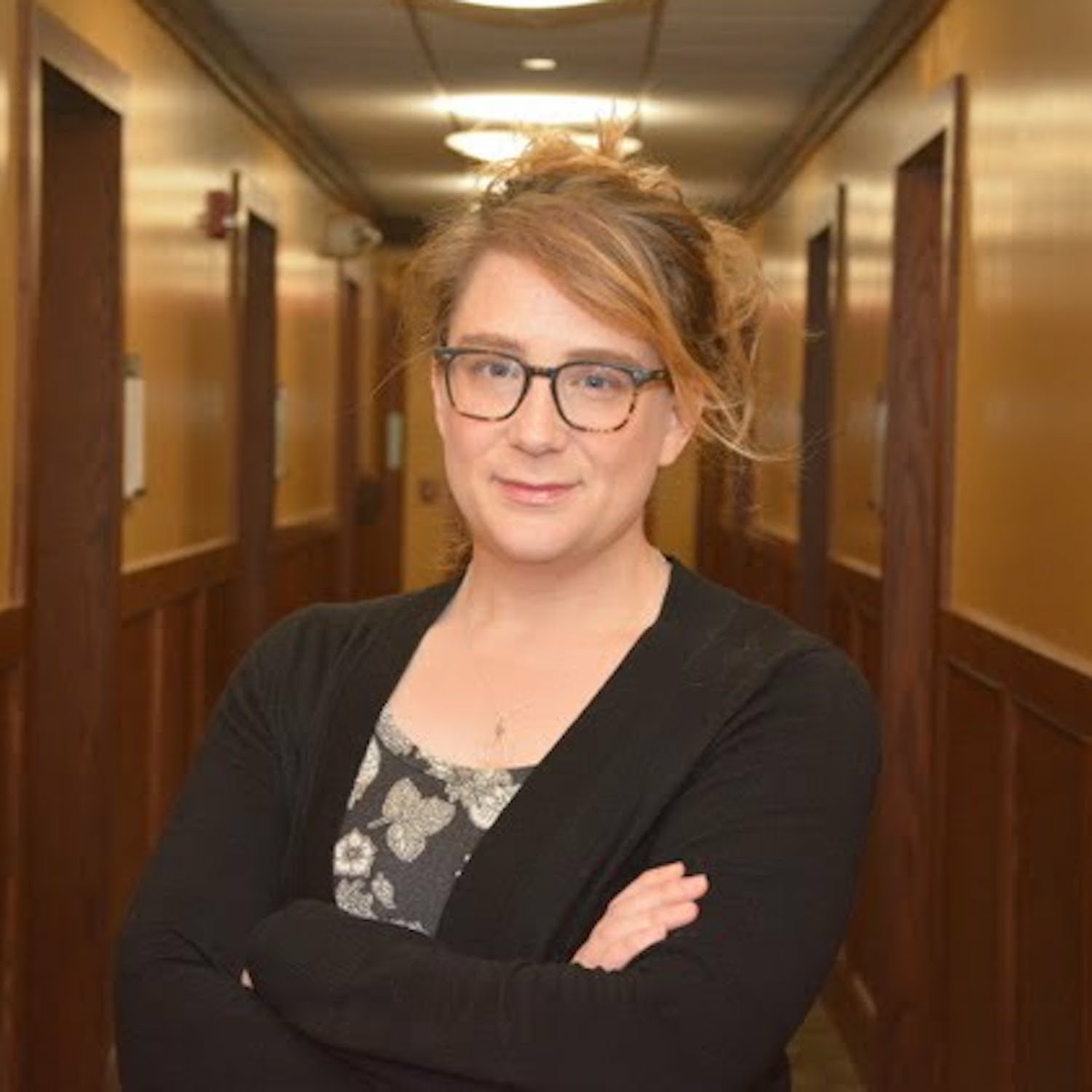Katherine Jewell, "Party City: WMBR, Institutional Change, and Democratic Media"

b'College radio has long been known as the weird, wacky signals on the left of the FM dial offering music that would never be mainstream. But this wasn\\u2019t always the case\\u2014and moreover, even at stations exemplifying musical adventurousness and the community potential of college signals, institutional constraints loomed. In this talk, Katherine Jewell delves into the history of WMBR at MIT from the 1960s to the 1980s to explore how this station, with a license held by an independent non-profit corporation, built a meaningful community institution despite transformations within the university, its student body and organizations, as well as regulatory changes regarding noncommercial radio and the music industry\\u2019s shifting business model. DJs debated and embraced the democratic obligations of their signal, particularly their commitment to diversity of sound. But achieving these lofty goals often proved complicated given the need to construct a program that appealed to and served many audiences in a fluctuating radio market. Despite these limits, college radio\\u2019s history can offer much to consider in considering how to pursue democratic media and community connection in the twenty-first century.\\n\\nKatherine Rye Jewell, Ph.D., is a historian writing about the history of college radio, including her forthcoming book, tentatively titled Live from the Underground: A History of College Radio from University of North Carolina Press. Her research on college radio is at the center of two additional book projects currently in progress. She is the author of Dollars for Dixie: Business and the Transformation of Conservatism in the Twentieth Century, published by Cambridge University Press (New York) in 2017. Her work has appeared in The American Historian, the Washington Post, among other scholarly publications. A graduate of Vanderbilt University (BA, 2001) and Boston University (MA, 2005; Ph.D., 2010), she studies the business and politics of culture. She is currently Associate Professor of History at Fitchburg State University, where she received the Fitchburg State University Faculty Research Award in 2018, and a year-long visiting fellowship from the University of Connecticut Humanities Institute.'